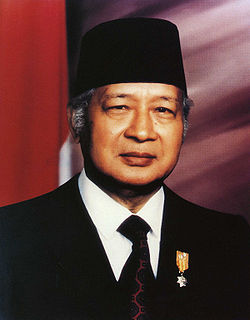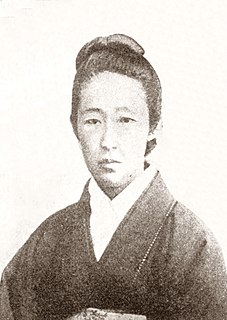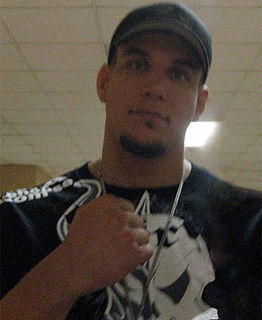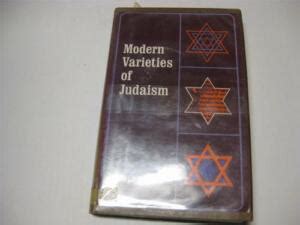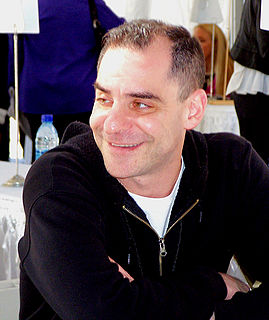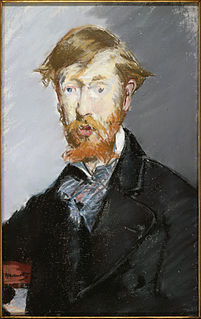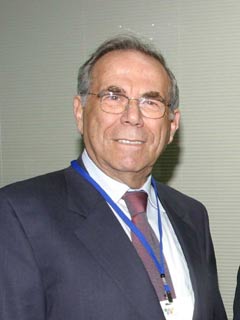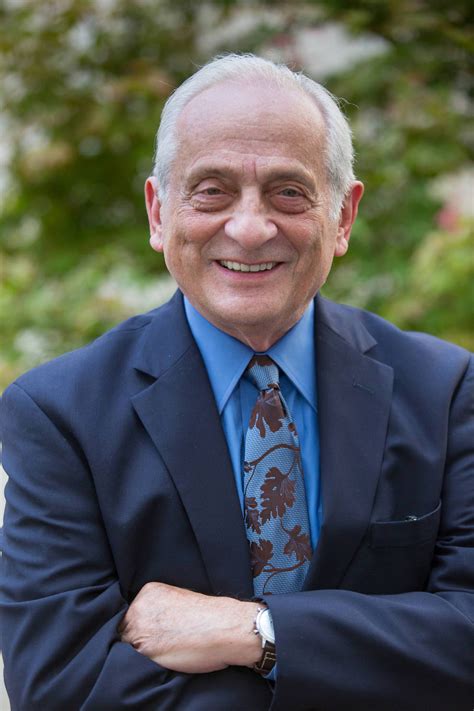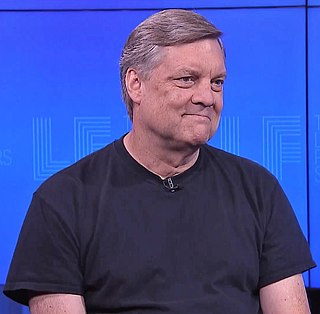Top 1200 Religious History Quotes & Sayings - Page 8
Explore popular Religious History quotes.
Last updated on December 25, 2024.
I now know that to do a worthwhile family history I must interpret the past without falling into either demonizing or unquestioning acceptance. . . . As a playwright, what I object to right now is any form of fundamentalism, whether it's nationalistic, religious or ethnic. . . . I think it is ridiculous - and fundamentalist, by the way - to say that I am not changed by the culture around me.
Few things are more important at this time in history than for religious people to listen to the New Atheists as if these unbelievers were speaking with God's voice, because they are! The word "God" used to be identified with reality - indeed, ultimate reality. In all cultures and at all times, the divine was no mere person, but was a personification of reality.
When the Constitution of the United States was framed and adopted, those high contracting parties did positively agree that they would not interfere with religious affairs. Now, if our marital relations are not religious, what is? This ordinance of marriage was a direct revelation to us, through Joseph Smith, the prophet. . . . This is a revelation from God and a command to his people, and therefore it is my religion. I do not believe that the Supreme Court of the United States has any right to interfere with my religious views, and in doing it they are violating their most sacred obligations.
I definitely love history. I'm not formally trained or educated in history, but you could say I did go back to college in 2008 to do Untold History of the United States. That took five years. Co-author Peter Kuznick has been teaching history for something like 35 years, at American University and other places. His group of researchers brought me into contact with a lot of books.
In contemporary society secular humanism has been singled out by critics and proponents alike as a position sharply distinguishable from any religious formulation. Religious fundamentalists in the United States have waged a campaign against secular humanism, claiming that it is a rival "religion" and seeking to root it out from American public life. Secular humanism is avowedly non-religious. It is a eupraxsophy (good practical wisdom), which draws its basic principles and ethical values from science, ethics, and philosophy.
If psychoanalysis was late 19th century secular Judaism’s way of finding spiritual meaning in a post-religious world, and retail is the late 20th century’s way of finding spiritual meaning in a post-religious world, what does it mean that I’m impersonating the father of psychoanalysis in a store window to commemorate a religious holiday?
Legislators in Kansas, Arizona and 23 other states who are properly determined to protect religious freedom can begin by asking themselves: Does any religious conviction justify denying lesbians and gays a basic legal promise of non-discrimination in hiring, public accommodations, and housing? Surely the answer to this question is no. Correcting that inequity would begin the process of recognizing that both sides - gay couples and religious objectors - have rights and that reasonable accommodation is possible only when both sides have something to gain.
... my century.. is unique in the history of men for two reasons. It is the first century since life began when a decisive part of the most articulate section of mankind has not merely ceased to believe in God, but has deliberately rejected God. And it is the century in which this religious rejection has taken a specifically political form.
Let the Bible be the Bible. It's not about science. It's not accurate history. It is a grab bag of religious fantasies written by many authors. Some of its myths, like the Star of Bethlehem, are very beautiful. Others are dull and ugly. Some express lofty ideals, such as the parables of Jesus. Others are morally disgusting.
A country that has really resonated with me and I was really impressed with was Israel. I found that the whole country had a very special atmosphere. I was there to perform, but it was one of the few places that I've visited over the years that I had some free time to explore, and I was hugely impressed by all the religious history there.
The capacity for the accomplishment of religious virtuosos the "intellectual sacrifice" is the decisive characteristic of the positively religious man. That this is so is shown by the fact that in spite of (or rather in consequence) of theology (which unveils it) the tension between the value-spheres of "science" and the sphere of "the holy" is unbridgeable.
The fact that people have religious experiences is interesting from the psychological point of view, but it does not in any way imply that there is such a thing as religious knowledge...Unless he can formulate this 'knowledge' in propositions that are empirically verifiable, we may be sure that he is deceiving himself.

















